Atsuko Maeda stars as Yuko, in director Kiyoshi Kurosawa’s new film, To The Ends of the Earth. Photo courtesy: TIFF.
TORONTO — Prolific director Kiyoshi Kurosawa is renowned in Toronto for J-horror films which have been featured at the Toronto Japanese Film Festival (TIFF) for years, but the director explores all kinds of film genres.
With his newest film, Kurosawa takes a detour into the genreless film, with To The Ends of the Earth. The film takes on a different and understated, but a much more relatable kind of horror; getting lost in an unknown place.
Commissioned to celebrate the 25th anniversary of diplomatic relations between Japan and Uzbekistan, Kurosawa was invited to make a film in Uzbekistan, and given creative freedom to write the script on anything. Working with production company Loaded Films, Kurosawa filmed the entire film in Uzbekistan over a month last year.
The film’s script reflects some of Kurosawa’s personal experiences. Invited to film festivals all over the world, Kurosawa’s own curiosity and exploring have lead to panicked, lost adventures, wandering through cities where no one speaks his language.
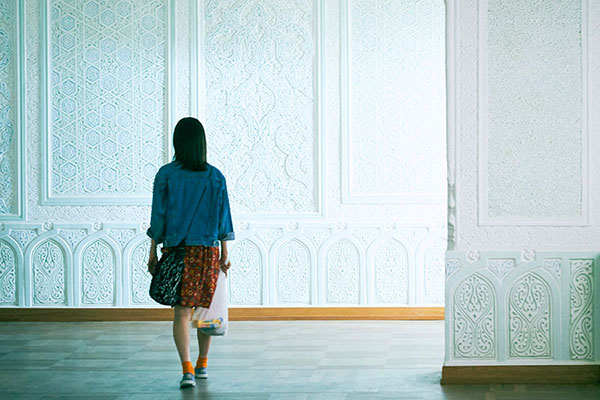
Atsuko Maeda stars as Yuko, in director Kiyoshi Kurosawa’s new film, To The Ends of the Earth. Photo courtesy: TIFF.
“At night I go shopping and then I get lost. It’s not really a big deal, most of the stuff that I experience, but to me, it’s really, really scary when it happens,” Kurosawa tells Nikkei Voice during an interview at TIFF.
The evening before the North American premiere of his film, Kurosawa decided to go to the St. Lawrence Market. He hopped into a taxi and quickly felt he was going the wrong way, afraid the taxi driver didn’t understand him, or was possibly trying to rip him off by taking him on a further trip. Suddenly they were at the market, and he realize he just had the wrong perspective. Like the characters in his film, if you keep trying and going further, eventually you will come to understand unknown people in the wider world, he says.
“Of the countries I have been, I do end up having good experiences, the people who live there help me out a lot even though at first to me they were looking a bit scary. You find that if you interact with people, there’s not really much difference between us,” says Kurosawa.
His new film follows the same kind of perspective. The story follows Yuko (Atsuko Maeda), a reporter for a Japanese travel programme and her film crew. Yuko and the crew are filming in Uzbekistan, where they try to find an elusive two-metre long fish in Lake Aydar. Struggling to find the fish, the crew instead find themselves zigzagging through Uzbekistan in search of something else to film.
Kurosawa’s real film crew had a much less disastrous time filming in Uzbekistan. Other than experiencing some setbacks out of their control, such as power outages, a stopped elevator with some of the actors stuck inside and a sandstorm that almost pushed their bus into the river.
In the film, Yuko finds herself even more lost. Building walls around herself, she isolates herself from her film crew. She grows ever more distrustful and scared of the Uzbek people, who she does not understand—nor does she try to.
Yuko, lost on multiple occasions in the film, runs from people who approach her, hiding in alleyways and under bridges, in a heart-pounding and at other times, frustrating affair. Yuko finds herself in the interrogation room of a police station, where a large, gruff police chief offers her a glass of water and says, “if you don’t talk to us, how can you know us?”
Most of Kurosawa’s films take place in Japan, where characters live their regular life, before something happens to them. In this film, from start to finish, the audience follows Yuko out of her element, in a different place and out of her regular routine.
The fear of others and sense of “us” and “them,” is an interesting topic to dive into. Yuko’s character can be seen as a commentary on Japanese youth, cautious and insular. Yuko has built all these walls around herself, as protection. Instead she has found these walls have isolated her and cut her off from what is around her.
“When you are in a different country you are sort of confronted by a different culture and you have to get over a wall,” explains Kurosawa. “When you take that back to Japan, you find that your capacity for accepting things that are different, different people that you don’t know, different things that you don’t know, your capacity for that, your tolerance, is expanded.”
Watch the trailer for Kiyoshi Kurosawa’s To The Ends of The Earth below:
***







 17 Oct 2019
17 Oct 2019
 Posted by Kelly Fleck
Posted by Kelly Fleck 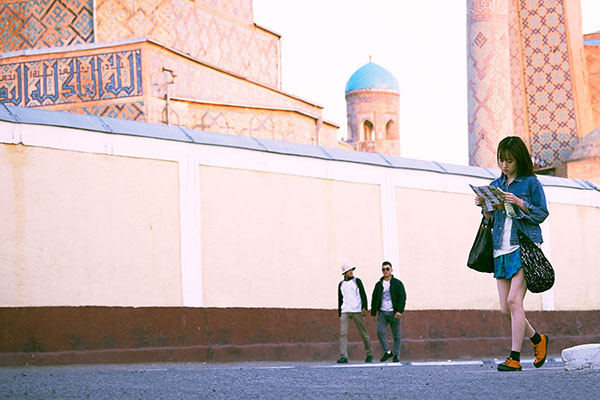





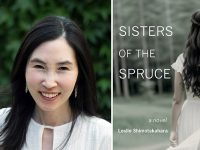
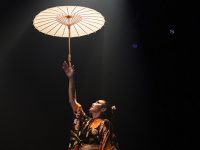
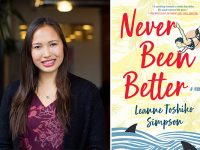

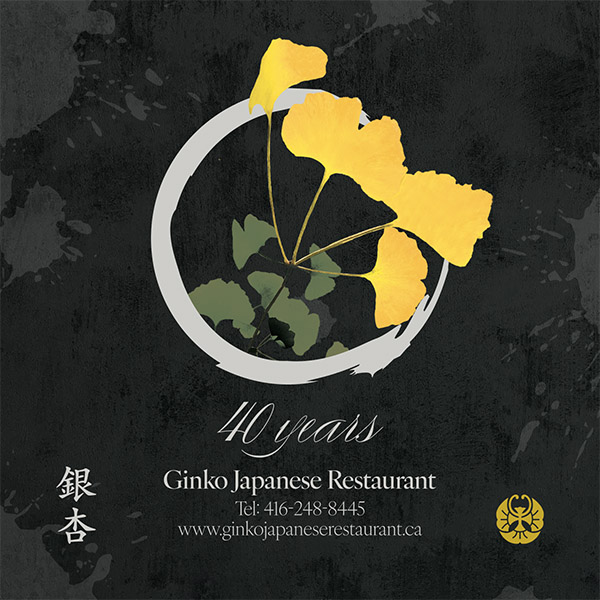
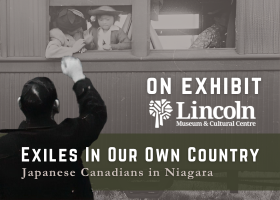
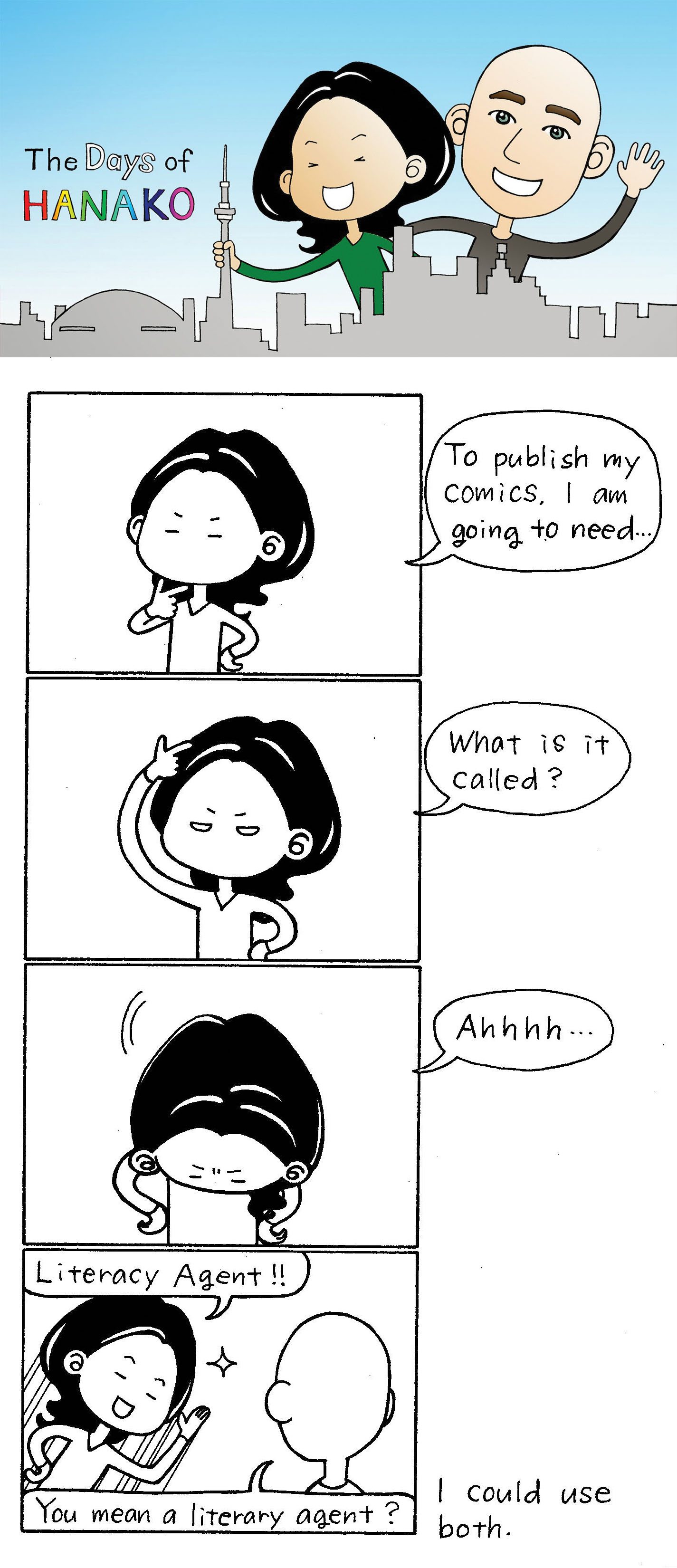



1 Comment
[…] “Set in Japan’s war-torn rural countryside, this film depicts a couple’s struggle to overcome distrust and stay faithful to their love. This is my first period film. With a timeline of fixed historical events, I pondered how conflicted people must have felt when they thought of the future,” says Kurosawa. […]